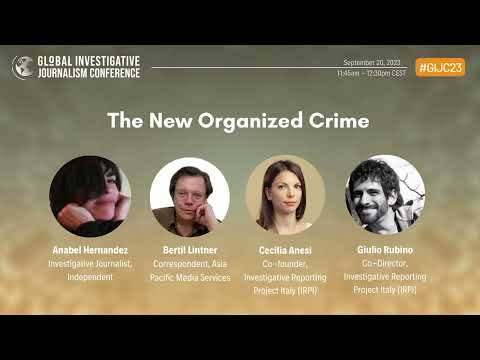Resource Video
GIJC23 – Developing a Business Strategy (Part 1)
Investigative journalism can’t survive without sustainable media organizations. Many were hard hit by changing business models and the loss of advertising revenue, and then the media was hit again during the pandemic, despite record-breaking audiences. What revenue options are currently the most viable and why, and how do we develop methods that will lead to […]










